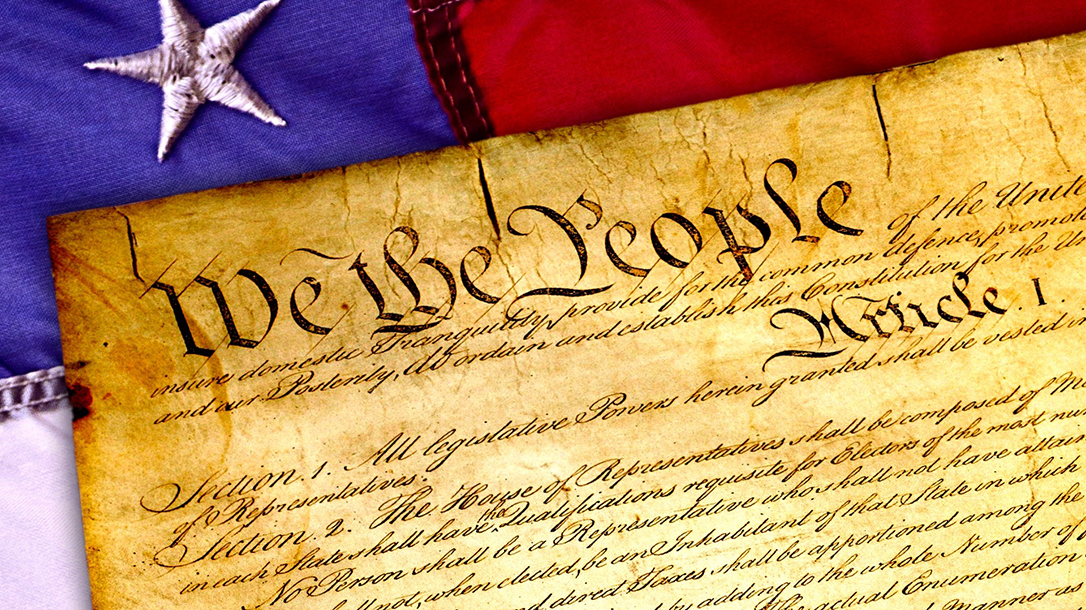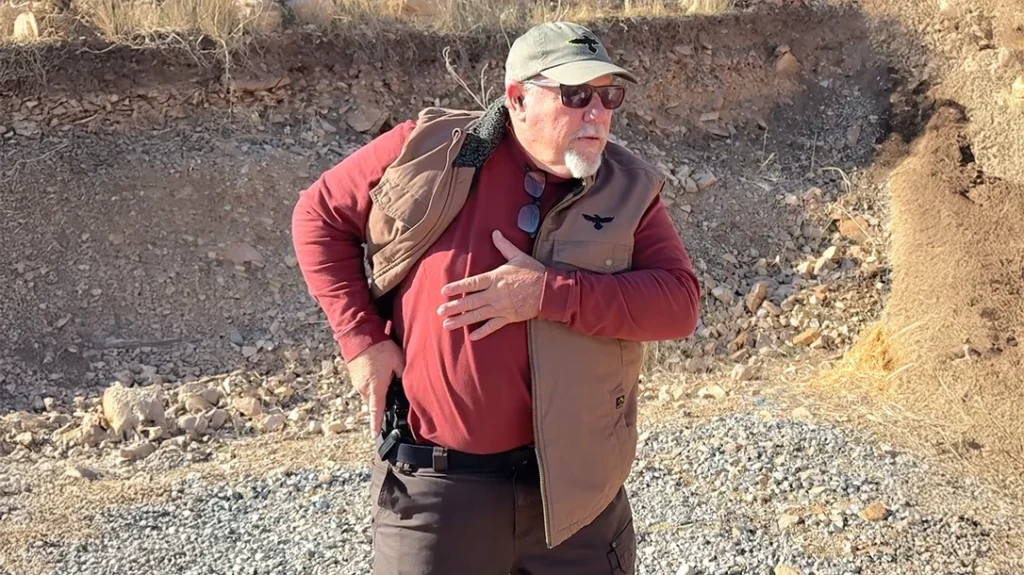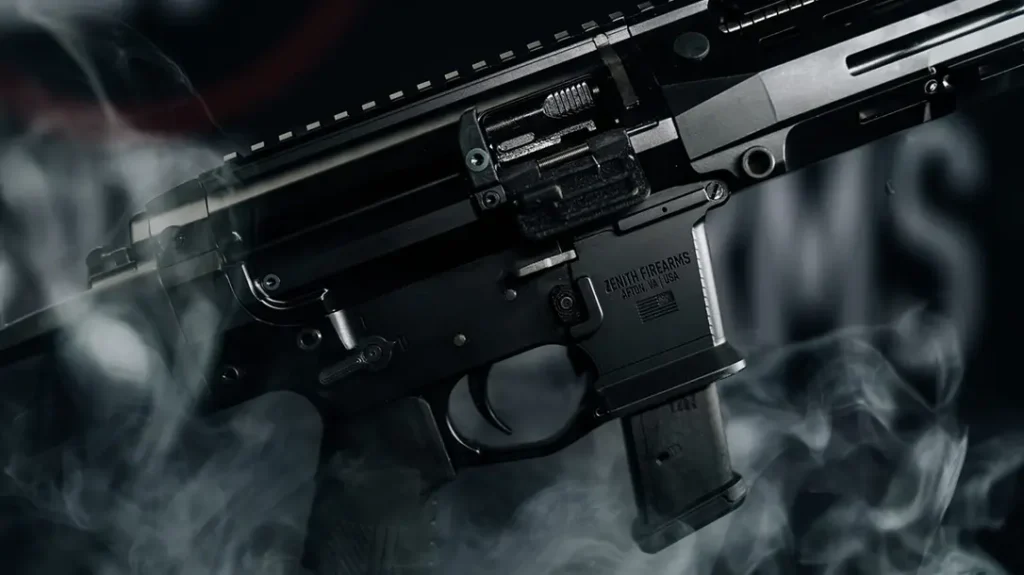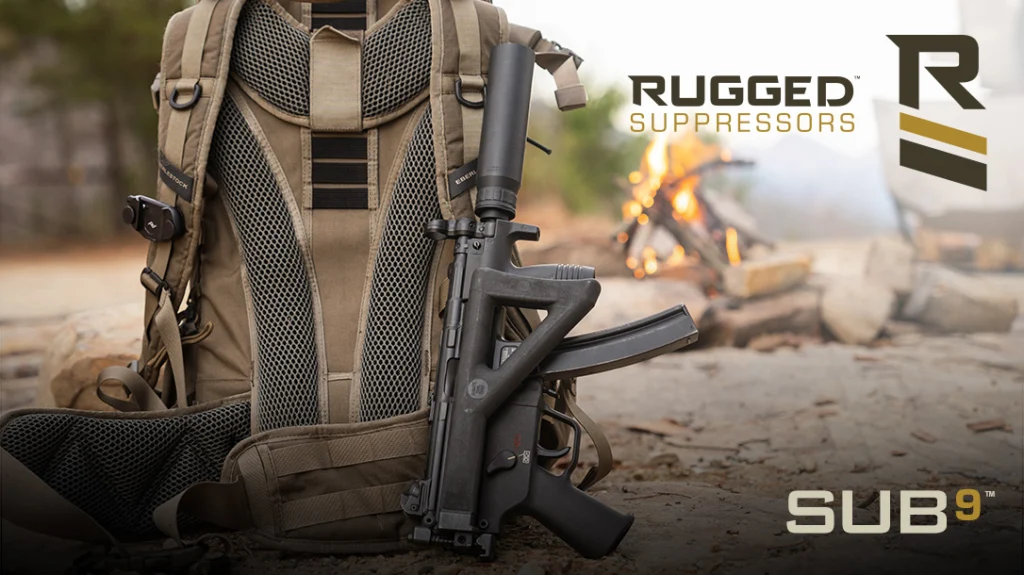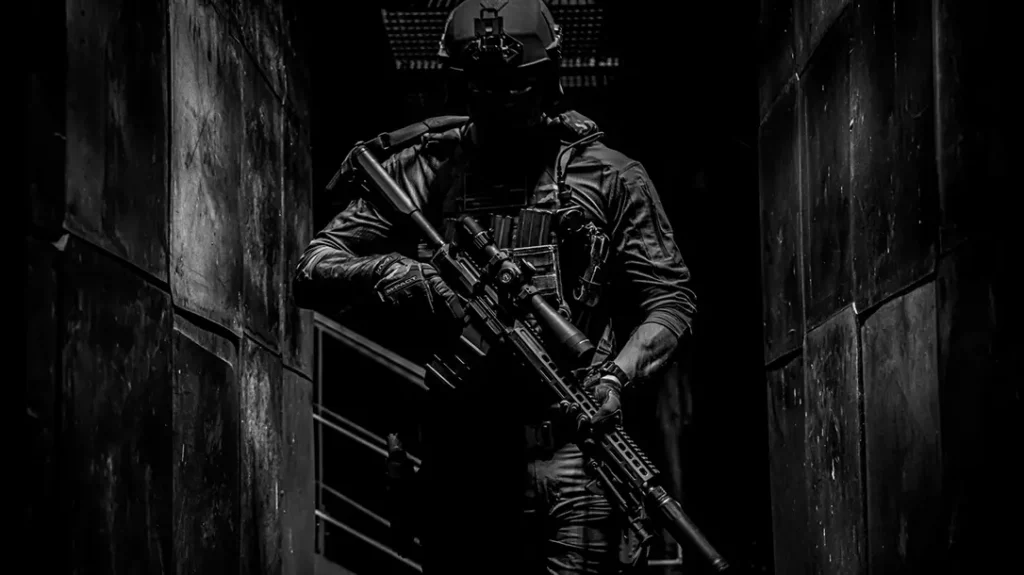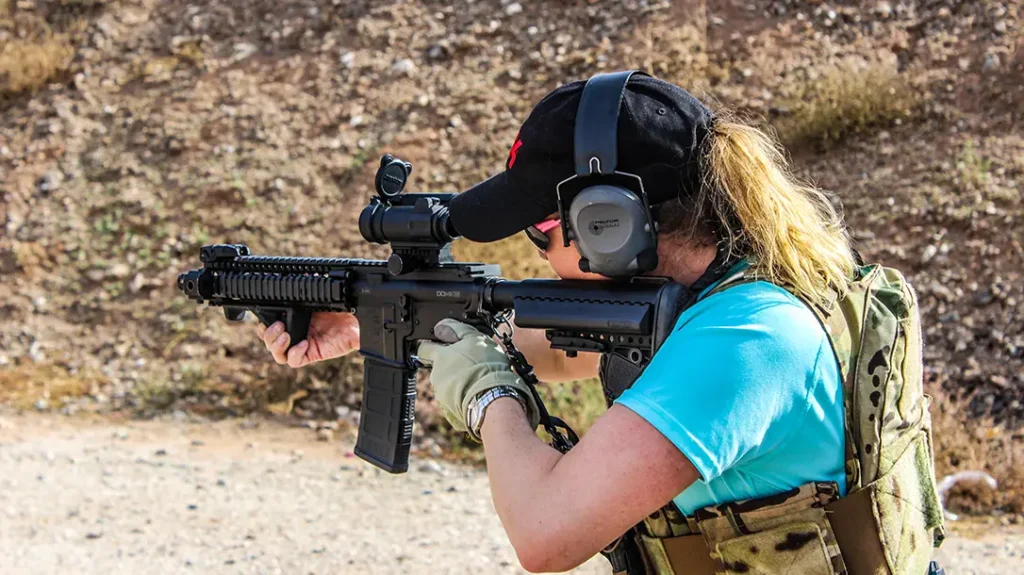The Second Amendment to the United States Constitution, the right to keep and bear arms. It reads: A well regulated Militia, being necessary to the security of a free State, the right of the people to keep and bear Arms, shall not be infringed.
The Second Amendment – Second to None
Enumerated second only to the right to express ourselves freely and worship, or not, as we choose. There is perhaps no more misunderstood part of the Bill of Rights, or the entire Constitution.
The Second Amendment is often said to grant the right to own guns, or to hunt. Sometimes that notion only displays ignorance. Other times it’s deliberately subversive. In truth, the Second Amendment does no such thing. The Constitution does not grant rights. It protects rights.
Advertisement — Continue Reading Below
Read the opening text again. The last four words are important. Shall not be infringed. Those words tell us that the right to keep and bear arms already exists. It did not spring into being when the Bill of Rights was ratified in 1791. That recognition of a pre-existing right also tells us that the Second Amendment is based not on gun ownership or hunting, but on self-defense, which has always been recognized. We find it in the earliest law codes dating back thousands of years, but even that doesn’t legitimize it. When James Madison wrote the Second Amendment, he was referring to Natural Law, which recognizes that certain rights are endemic to humanity and not dependent on governments. Only a Natural Right can be protected by a government.
The Militia
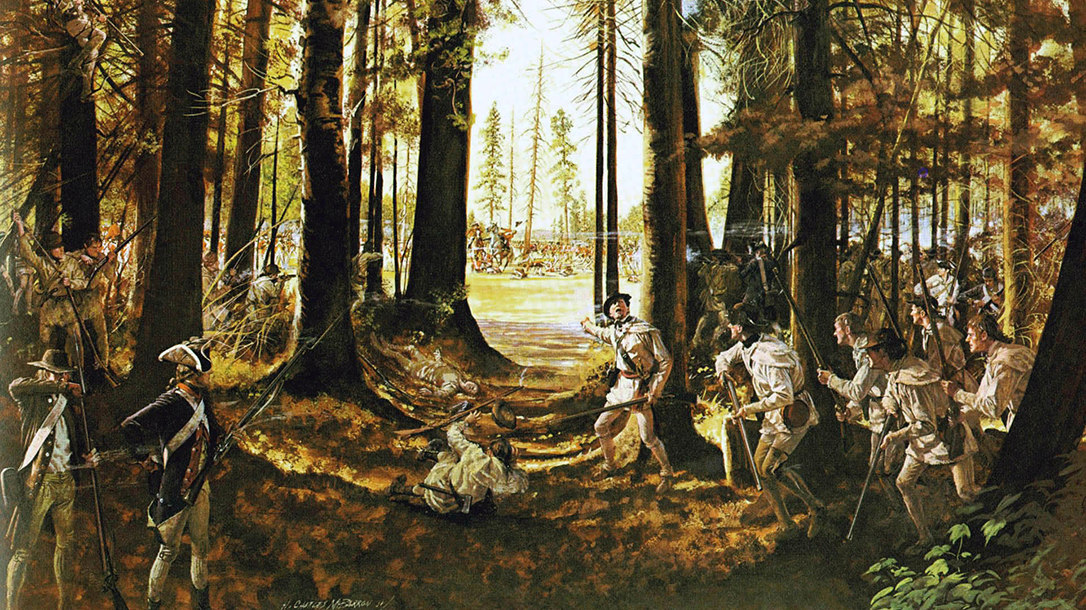
But what about the first clause? A well regulated Militia, being necessary to the security of a free State… Does that mean the right to keep and bear arms only applies when “the people” are engaged as part of a government-organized militia? No. Gun control advocates desperately want you to believe that. They may well believe it themselves. But if they do, it’s willful ignorance.
Advertisement — Continue Reading Below
We can dispense with that notion in several ways. Legally, the 2008 Heller v. DC Supreme Court decision unequivocally stated that the second clause, the right of the people to keep and bear Arms, shall not be infringed, is not dependent upon the first clause addressing the militia. It’s that simple. But we can disprove it other ways too.
Linguistically, “well regulated,” in 1791 vernacular, means “well-trained” or “well-equipped.” The Militia Act of 1792 lays out how each state will organize its Militia and ensure that each unit is properly trained. The Militia Act also specifies that all male citizens between the ages of 18 and 45 were required to enroll, which echoes Framer George Mason’s assertion that “the Militia” is made up of the entire people. Finally, each member was required to provide his own musket, ammunition, bayonet, and accoutrements. At his own expense.
Furthermore, “all muskets for arming the Militia as herein required, shall be of bores sufficient for balls of the eighteenth part of a pound.” That equals 18-gauge, or about .68 caliber. That was a response to the hodgepodge of calibers used by the Militia during the Revolution. Standardizing eased logistical efforts.
Advertisement — Continue Reading Below
Military Standards of the Day
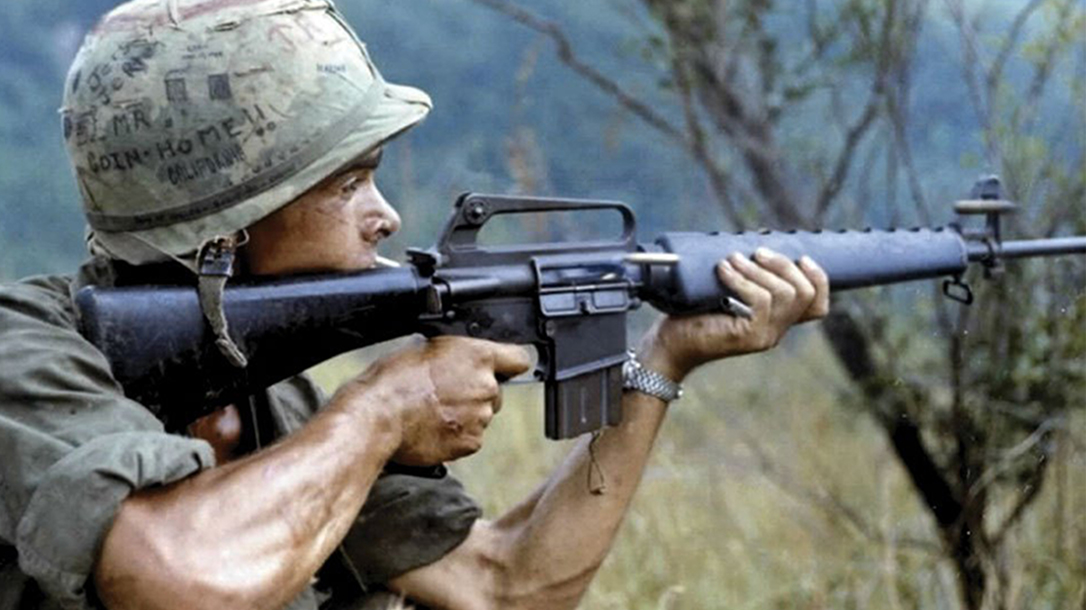
But the point is that each militiaman was required to provide a weapon that met the current military standards of the day. AR-15s, anyone? The only “regulations” regarding a militiaman’s firearm were that 1) he provide himself with said weapon and ammunition, 2) said weapon be modern and fire standard military ammunition, and, 3) he train regularly with said weapon to maintain proficiency. There was no restriction on the weapon’s capabilities. In fact, the more capable the weapon, the better.
Philosophically, the Second Amendment, and the Militia Act, reflect the Framers’ deep distrust of a standing army as an agent of tyranny. After all, they had recently experienced how the British Army was employed for just that purpose. The Third Amendment, which bans the enforced quartering of soldiers in private homes, addresses a similar theme.
Advertisement — Continue Reading Below
Defend Against Tyranny
The Militia was clearly intended to defend the nation against external threats and a tyrannical government. The classical definition of “tyranny” refers to a government that takes power contrary to law. A tyrant is someone who holds or uses power illegally. The Constitution clearly establishes and organizes the United States government, enumerating and limiting its powers. The Militia was the final safeguard against a tyrant, or tyrants, who circumvent those limitations. So, the phrase, being necessary to the security of a free State, means the Militia is meant to protect against external and internal threats.
We obviously don’t have a Militia anymore. We haven’t for some time. But the Supreme Court’s Heller and Bruen Decisions require that any gun control laws adhere to the history and traditions of the United States at the time the Second Amendment was ratified. The Militia Act was only a year later, so its philosophical basis counts. The people are still the last line of defense, just as the Militia was. Thus, we must be able to arm and train ourselves appropriately.
Citizen vs. Subject
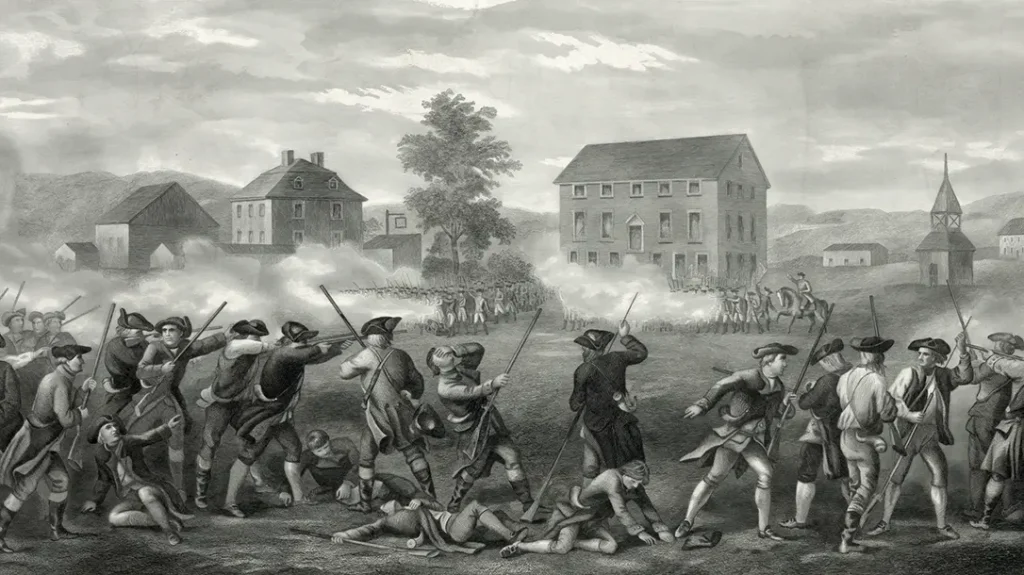
Advertisement — Continue Reading Below
Prior to July 4, 1776, Americans were legally subjects of the British Crown. One could argue that many Americans had decided otherwise beforehand, but legally, they were. The other great American document, the Declaration of Independence, changed that. General Thomas Gage, acting in the King’s name, had a legal right to confiscate the stored arms of the colonists on April 19, 1775. It didn’t go well for his troops, thanks to the aforementioned folks who had decided otherwise. But the Declaration was necessary to make those acts legal.
Being a citizen implies a state of individual liberty not associated with a subject. We certainly must obey democratically enacted laws. But we are not subject to the whims of a king or any other authority figure. And should those democratically enacted laws violate the Constitution? Nope, you won’t get me there. We challenge those laws in court and work to get them overturned according to our Constitutional system. We can only consider turning to the cartridge box if and when the soap box and ballot box fail completely. I have faith that we will never have to do that. But it’s my responsibility to be ready, should it come, God forbid.
Responsibility
Speaking of responsibility, rights require it. Voting is a right. Voting is also a responsibility. Some take that responsibility seriously, while others do not. The right to keep and bear arms also carries responsibility. Some accept the solemn responsibility of the armed citizen. Some do not. But the responsibility remains. That includes understanding why we choose to arm ourselves. I think we’ve covered that well enough. Citizens have that choice. Subjects do not. Just ask any modern Brit.
Advertisement — Continue Reading Below
Liberty
Benjamin Franklin wrote that those who would trade liberty for safety will enjoy neither and lose both. Liberty isn’t free. Its maintenance requires work and vigilance. The Second Amendment represents both. It guarantees our right to protect our personal liberty and our nation’s liberty. But Franklin’s point also implies our responsibility to do both. But we must persist even when doing so seems perilous, as gun control advocates would have us believe.
We cannot ignore the tragedies we face every day from criminals and malcontents. But justifying the erosion of liberty by their actions is a greater tragedy. Once liberty is gone, it’s likely gone forever. Rights surrendered do not return without extreme measures. No one wants that. Especially when we already possess the means to prevent it, so long as we protect it.

Advertisement — Continue Reading Below
The Second Amendment is Important
The Second Amendment’s importance cannot merely be judged by the sustained right to keep and bear arms. It literally protects every other right we have. If the Second Amendment right goes away, so can all the others. Again, look at the right to free speech in other democratic countries who don’t have a Second Amendment. We are utterly unique in that regard.
The armed citizen, individually and as a group, provides a check on those who would infringe on all our rights. The mere possibility of incurring our ire dampens would-be tyrants’ enthusiasm. To those who believe that such tyrants do not exist, I offer the example of the early 20th century’s most culturally advanced nation. This country enacted the world’s most liberal Constitution, even more so than ours. It led the world in its appreciation and sponsorship of art, music, philosophy, and literature. Its citizens enjoyed great personal freedom.
Gun Control & the Erosion of Liberty
Yet the 1929 stock market crash and the onset of the Great Depression changed all that. Just over three years later, that great nation democratically elected a fringe politician who offered them safety and relief from the world’s dangers. His name was Adolf Hitler, and that supposed safety carried a steep price.
Advertisement — Continue Reading Below
1930s Germany is an extreme example. But the Weimer Republic’s liberal constitution included seemingly innocuous gun registration. All in the name of public safety. Those registration lists were used to disarm first the Jews, then all other so-called “undesirables” of whom the regime did not strictly approve. Franklin’s warning returns to my mind.
The promise of safety is an empty one. No government, group, or person can promise safety. Anyone who does is lying to you. Madison was one of our most brilliant statesman. The Second Amendment’s nuances were intentional. But it’s up to us to preserve it. Stay vigilant.
